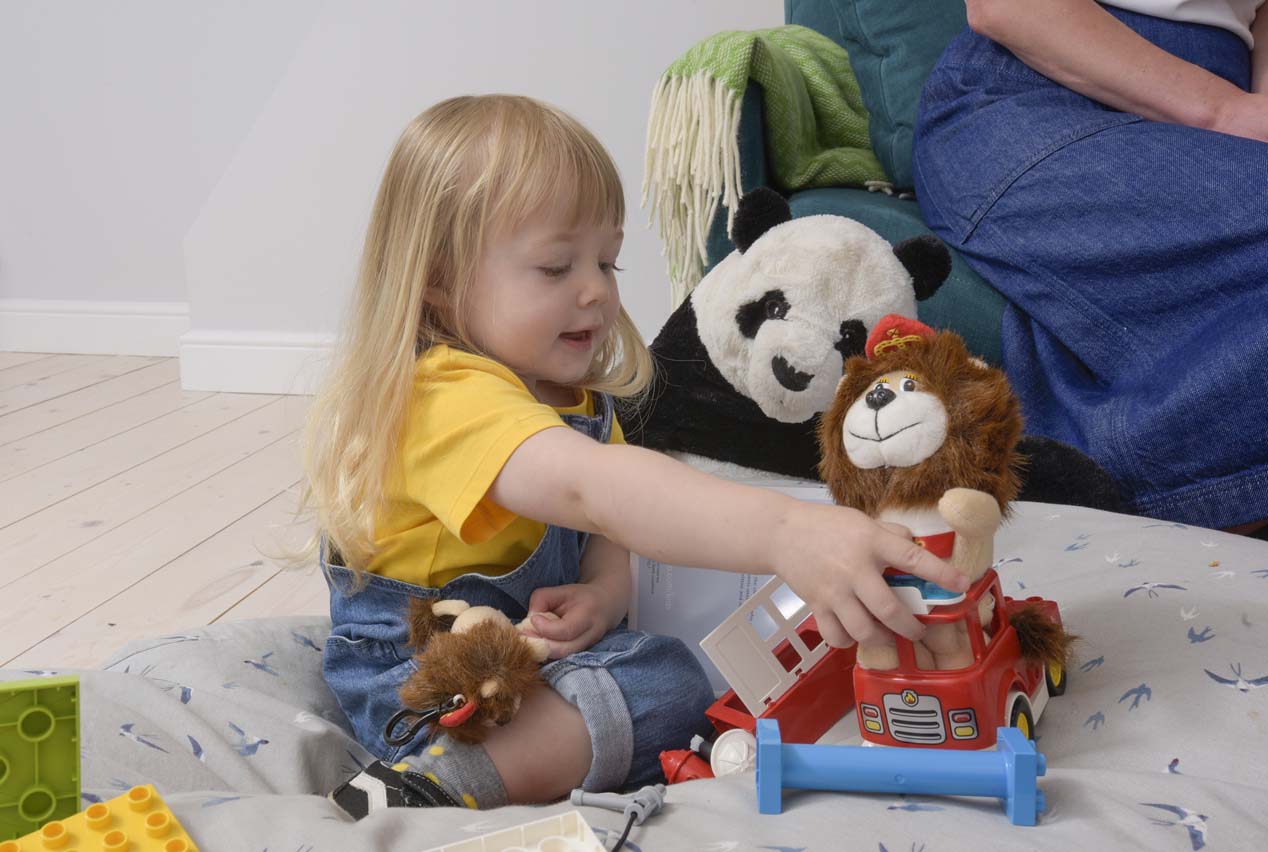The Real Start of Your Relocation Journey 🌍✈️
You’ve arrived. The boxes are unpacked, the Wi-Fi is working, and the fridge is (mostly) stocked. But instead of feeling excited, you feel… unsettled?
Relocation doesn’t end when the plane lands — it really begins once the adrenaline fades. Here’s what to expect after the move, and how to make your new country feel like home.
What Is the Post-Arrival Emotional Dip?
The post-arrival dip refers to a common emotional slump that happens shortly after moving abroad. Once the initial excitement wears off, many people feel overwhelmed by unfamiliar surroundings and everyday challenges. You had tick all the moving abroad checklist and the post relocating checklist as well.
“I didn’t expect to feel so lost.” – Crown Relocations client
Common signs of the emotional dip include:
- Feeling mentally drained by simple tasks
- Missing routines or comforts from your home country
- Emotional ups and downs, even when things are “going well”
- A sense of isolation, even in busy places
This phase is completely normal — but having the right support can help you move through it faster and with less stress.

What Is the Culture Shock Curve?
Culture shock isn’t a single moment — it’s a cycle. The culture shock curve helps explain how emotions evolve after arriving in a new country:
The 4 Stages of Culture Shock
- 😍 Honeymoon Phase
Everything is exciting, different, and new. - 😬 Frustration Phase
Small cultural differences become irritating or confusing. - 😞 Adjustment Phase
You start adapting and learning how things work. - 😌 Acceptance Phase
Daily life feels more manageable — and even enjoyable.
You may go back and forth between stages. That’s totally normal.
How Long Does Culture Shock Last?
Culture shock can last anywhere from a few weeks to several months. Most people begin adjusting within 3–6 months, but full comfort can take up to a year depending on the location, language, and support system.

Why Do Kids Adapt Faster Than Adults?
Children often adapt more quickly than adults because:
- Schools provide routine, structure, and social interaction
- They pick up languages faster
- Play is a universal way to connect
Meanwhile, parents may struggle with:
- Juggling work and family pressures
- Lack of social support
- Missing familiar routines
Managing practical admin tasks (banking, healthcare, transport)
Tips for Parents Struggling to Settle In
- 🌐 Join local expat forums or parent groups
- 🧘 Create time for your own self-care and hobbies
- 🧭 Get to know your neighbourhood — little wins help
- 📚 Consider intercultural coaching for better understanding
- 🤝 Don’t be afraid to ask for help
Why Ongoing Relocation Support Is Essential
Most people assume that once they’ve moved, the hard part is over. But adjusting emotionally and practically to a new environment takes time.
That’s where ongoing destination support makes all the difference.
How Crown’s Destination Services Help After the Move
Crown Relocations offers practical services designed to help you settle in smoothly — not just move in.
📍 Local Orientation
We help you:
- Learn how public transport works
- Find supermarkets, clinics, and banks
- Discover local hotspots and safety tips
- Understand local customs and etiquette
🏫 School Search Support
Our experts:
- Recommend schools based on your family’s needs
- Assist with applications, interviews, and enrolment
- Arrange school visits
- Explain local education systems
🧠 Intercultural Coaching
Our coaching helps you:
- Understand cultural differences
- Learn how to build meaningful relationships
- Communicate more effectively with locals
- Gain confidence navigating social situations
🗣️ Language Support
We connect you with:
- Local language resources
- Basic conversation support
- Cultural insight to help with non-verbal communication
FAQs About Settling In After an International Move
How long does it take to feel settled abroad?
Most people start adjusting within 3–6 months. However, fully settling in can take a year or more — and varies by individual.
What are the most common emotional challenges after relocating?
Feelings of isolation, culture shock, identity shifts, and frustration with unfamiliar systems are all normal.
Can relocation services help after the move is complete?
Absolutely. Destination support services are designed specifically for the post-move phase when the emotional and cultural challenges begin.
How can I support my kids emotionally during this transition?
Keep communication open, maintain routines, and involve them in new activities. Professional school support can also help ease the transition.
🏠 Make Your New Country Feel Like Home
👉 Explore our destination support services!
Whether you’re one week or one year into your new life, you don’t have to navigate it alone. We’re here to help every step of the way. 💛
